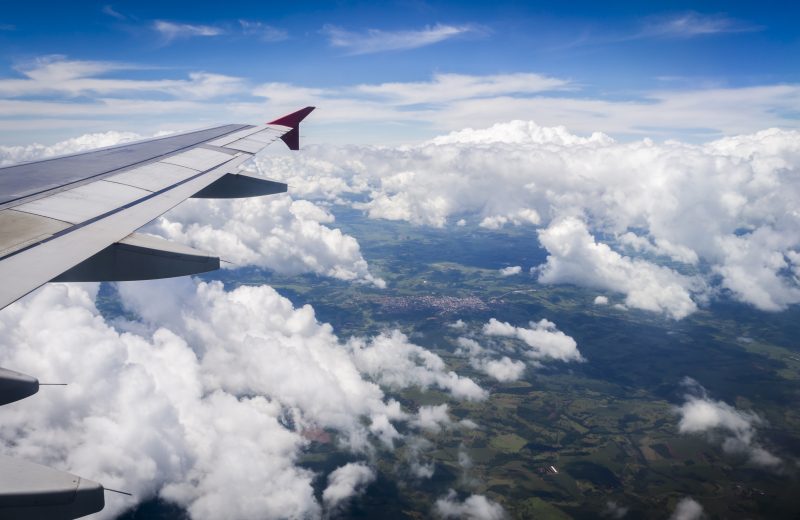IATA laments lack of progress in scaling SAF

The International Air Transport Association (IATA) said that despite significant increases in cost for adopting sustainable aviation fuel (SAF) into operations for airlines, the production of the green fuel hasn’t grown as anticipated.
The association said that it expects SAF production to reach 2m tonnes or 0.7% of airlines’ total fuel consumption in 2025.
“While it is encouraging that SAF production is expected to double to 2m tonnes in 2025, that is just 0.7% of aviation’s total fuel needs. And even that relatively small amount will add $4.4bn globally to the fuel bill. The pace of progress in ramping up production and gaining efficiencies to reduce costs must accelerate,” said Willie Walsh, IATA’s Director General.
The IATA lamented that most SAF is now heading toward Europe, where the EU and UK mandates kicked in on 1 January 2025. Unacceptably, the cost of SAF to airlines has now doubled in Europe because of compliance fees that SAF producers or suppliers are charging.
For the expected 1m tonnes of SAF that will be purchased to meet the European mandates in 2025, the expected cost at current market prices is $1.2bn. Compliance fees are estimated to add an additional $1.7bn on top of market prices—an amount that could have abated an additional 3.5m tonnes of carbon emissions. Instead of promoting the use of SAF, Europe’s SAF mandates have made SAF five times more costly than conventional jet fuel.
“This highlights the problem with the implementation of mandates before there are sufficient market conditions and before safeguards are in place against unreasonable market practices that raise the cost of decarbonisation. Raising the cost of the energy transition that is already estimated to be a staggering $4.7tr should not be the aim or the result of decarbonisation policies. Europe needs to realise that its approach is not working and find another way,” said Walsh.
However, the association also recommended a list of urgent actions that need to be taken by governments.
First of these is to eliminate the disadvantage that renewable energy producers face compared with big oil is necessary to scale renewable energy production in general and SAF production in particular. This includes redirecting a portion of the $1tr in subsidies that governments globally grant for fossil fuel.
Secondly, it call on governments to develop a comprehensive approach to energy policy that includes SAF. Firstly, advancing SAF production requires an increase in renewable energy production from which SAF is derived. Secondly, it also requires policies to ensure SAF is allocated an appropriate portion of renewable energy production. A wholistic approach should support joint use of infrastructure, co-production and other measures that will benefit the energy transition for aviation and for all other economic sectors.
And finally, it also called on governments to ensure the success of CORSIA as the sole market-based mechanism to address international aviation’s CO2 emissions. IATA urges governments to make Eligible Emissions Units (EEUs) available to airlines. To date Guyana is the only state to have made their carbon credits available for airlines to purchase and claim against their CORSIA obligations.
